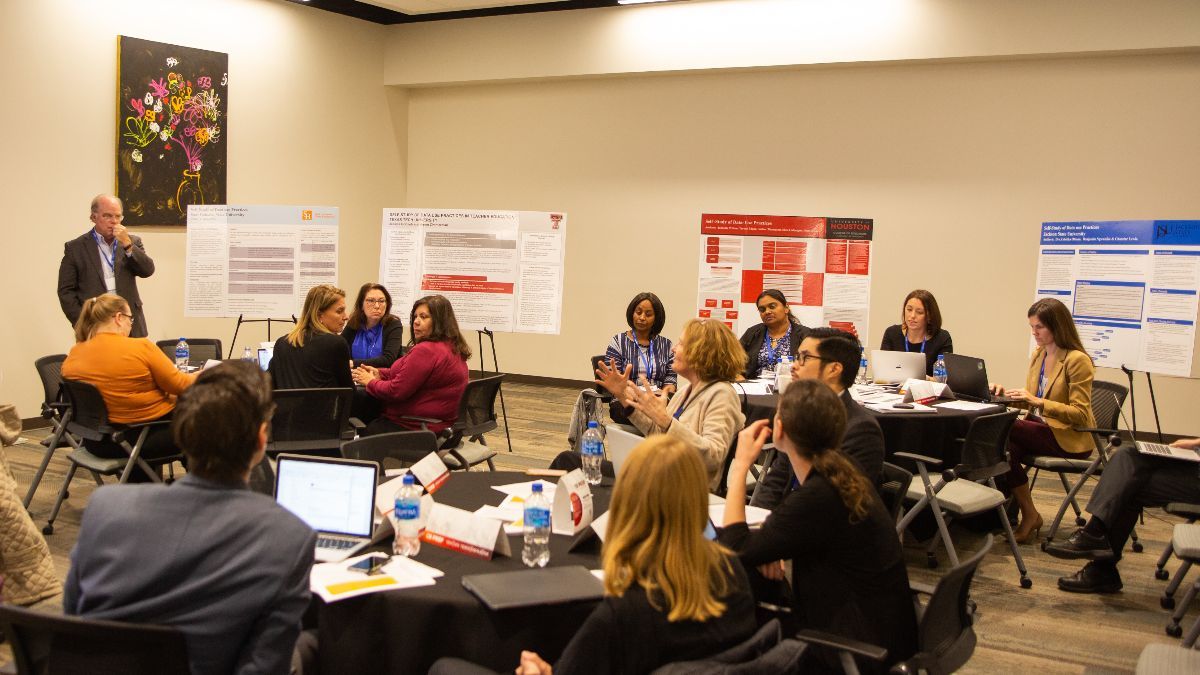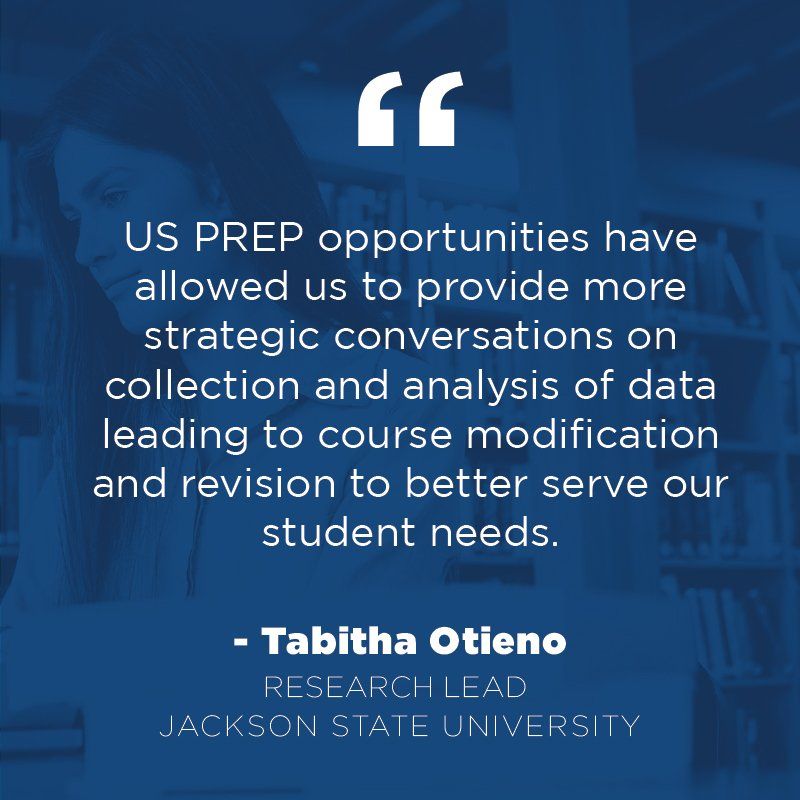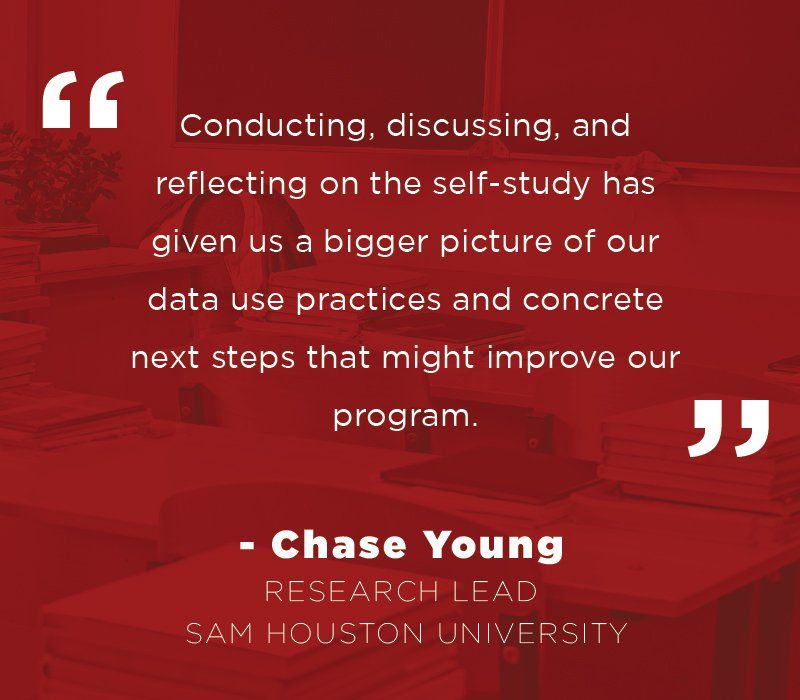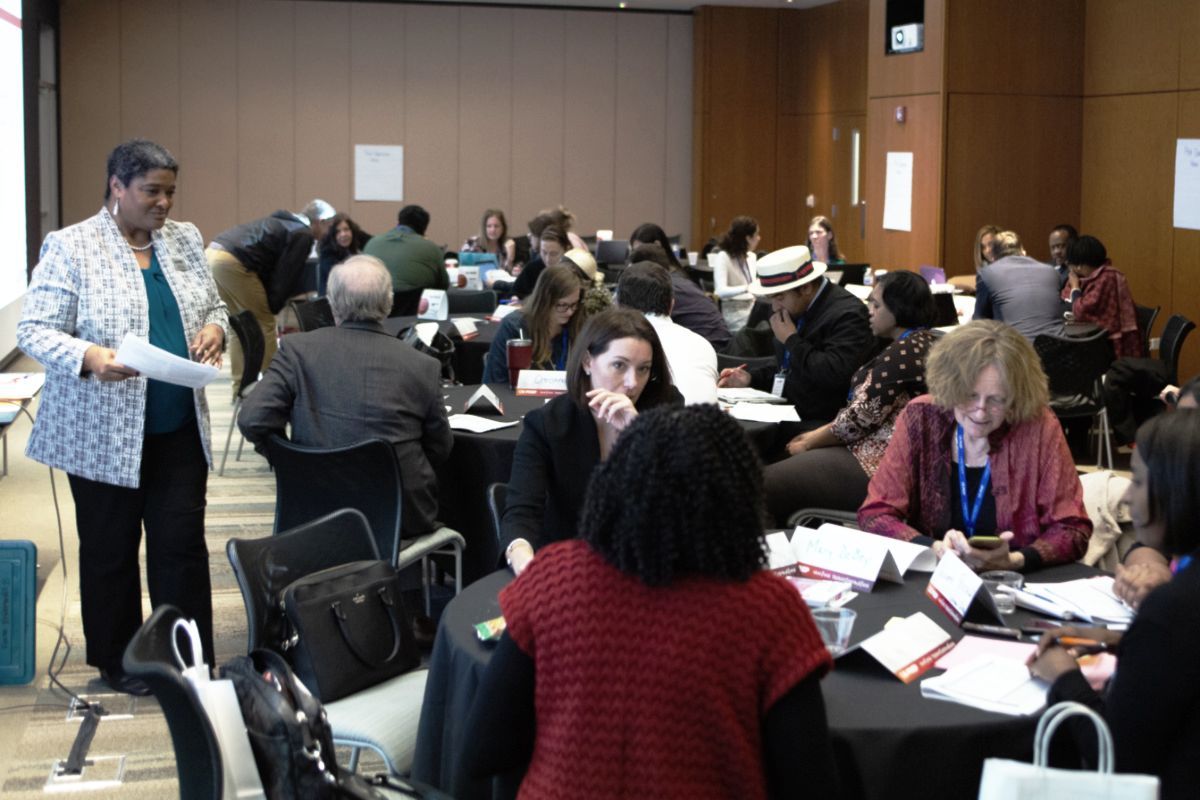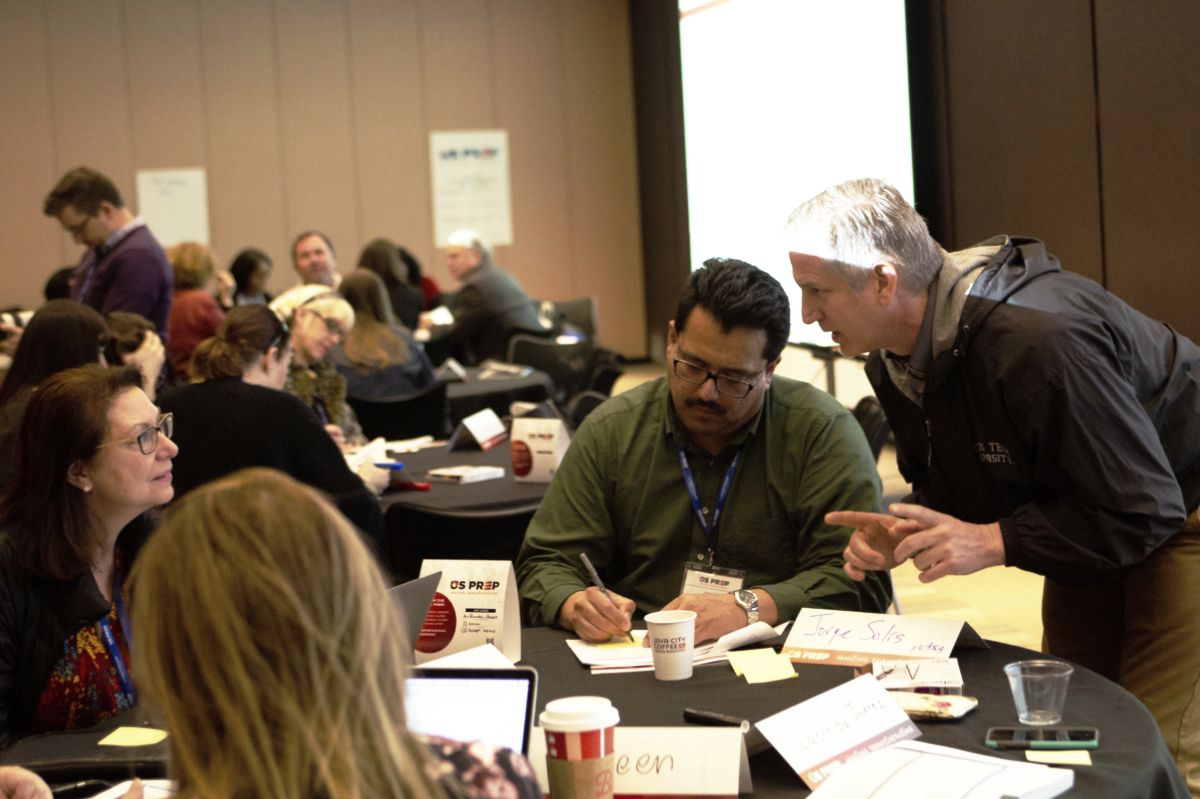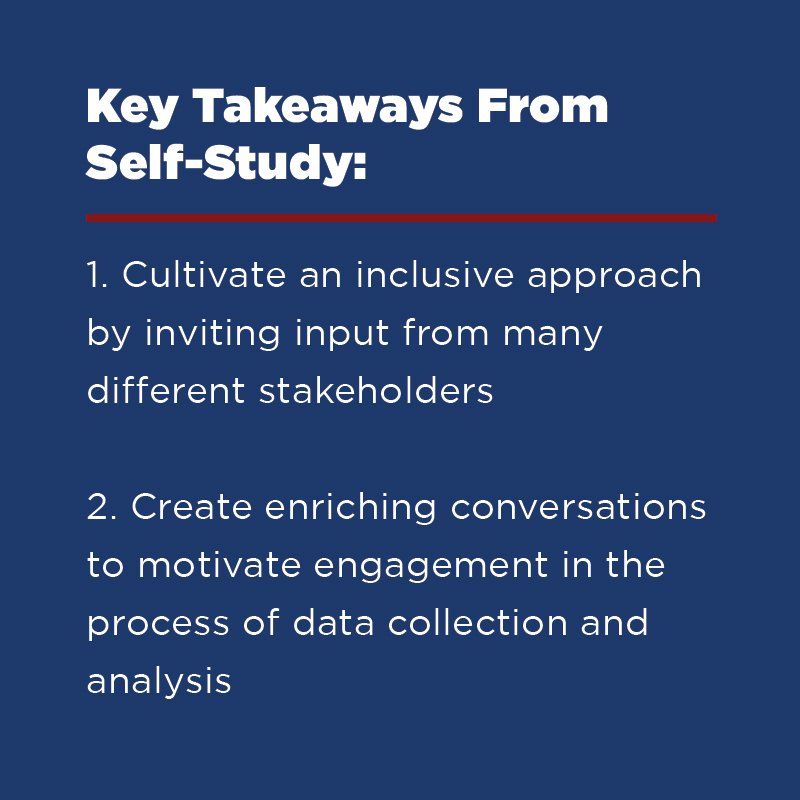Self-Assessment on Data Practices
March 2019
Building Faculty Engagement by Strengthening Data Use Practices
In the current policy landscape of teacher education, it is understood that program outcome data should be used for program improvement. This challenges teacher educators to a) systematically collect program data and b) discover methods to figure out how to facilitate meaningful conversations with colleagues around this data. In 2017, members of four US PREP institutions recognized that they were experiencing a similar set of challenges around data use for program improvement. Most importantly, they realized that these obstacles presented them with an opportunity to learn more.
The first step was to engage in a self-assessment program around data use practices. Through interviews, focus groups, and policy document analysis, research leads from member institutions studied what data were being collected and utilized by program faculty. The research leads also inquired into what data program faculty found to be most useful as well as what data they wished they had access to. The goal of this inquiry was to facilitate new
opportunities for teacher educators to engage in meaningful conversations around data. This analysis resulted in new practices within the respective programs that attend more closely to data use and invite participation from multiple stakeholders throughout the teacher preparation programs.
There are at least two important takeaways from this collaborative self-study effort. First, research leads have come to see the value and importance of cultivating an inclusive approach - specifically the invitation of input from faculty, staff, and stakeholders across a given teacher education program. Research leads have found it to be particularly effective to solicit and encourage input not only from administrators, academic leaders, and
methods instructors, but also from field supervisors/site coordinators, cooperating/mentor teachers, school district leaders, and the teacher candidates themselves. Second, they found that including as many different stakeholders as possible in conversations around data analysis creates more enriching conversations and increases motivation to engage in the process of data collection and data analysis for the purpose of program improvement.
The research leads are currently in the process of following up on the results of the initial self-assessment findings from the first year. This year, they plan to continue to support conversations within their programs that focus on data use for program improvement. They believe that engaging in this self-study process in the context of a network of universities presents a unique learning opportunity - not only for their own programs but also for the field of teacher education on a broader scale.
Contact us
Stay Up to Date with US PREP
Click the button below to subscribe to our newsletter. Get updated news, important articles, and information about our events!
All Rights Reserved | USPREP

